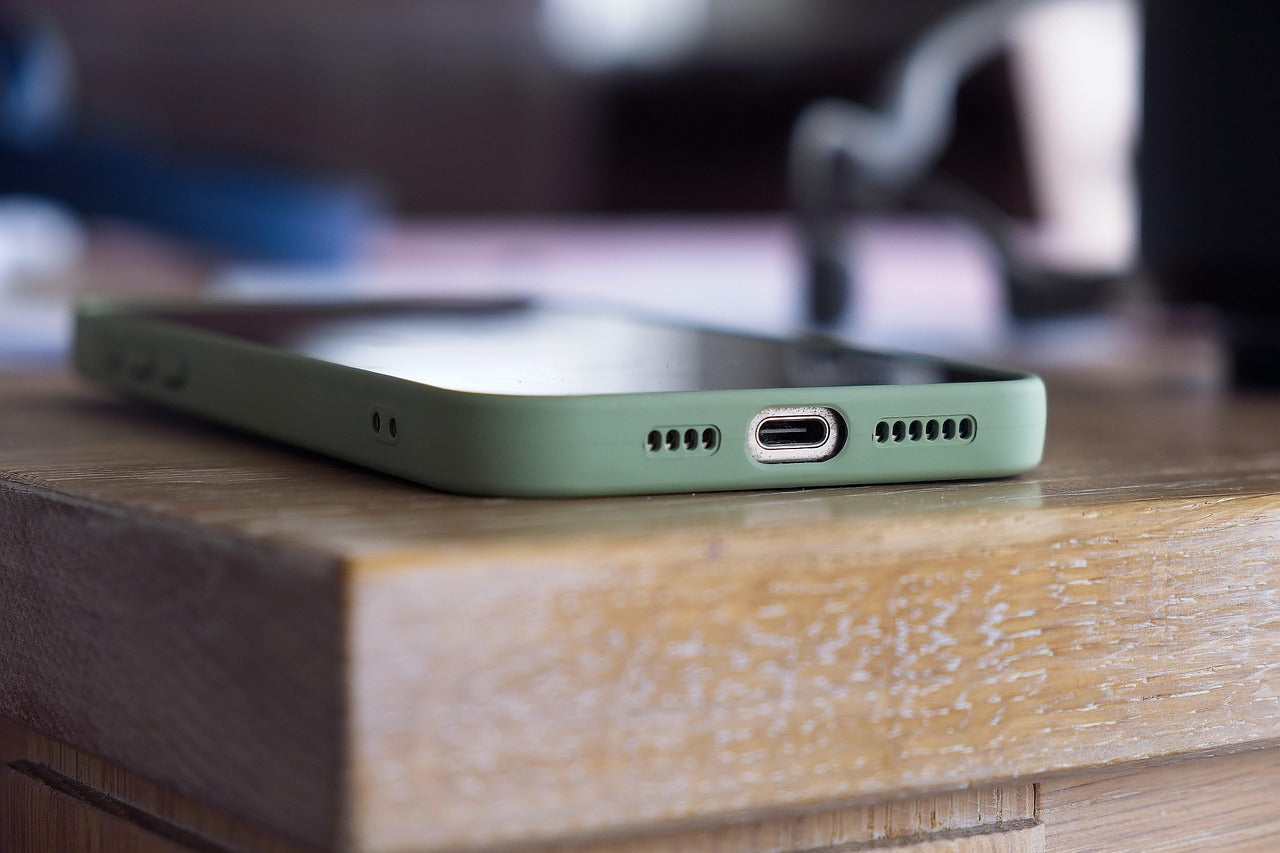
Personal Alarm vs Mobile Phone: Which Offers Better Emergency Support?
When it comes to staying safe in an emergency, both personal alarms and mobile phones can offer help—but they serve different needs and aren’t equally reliable in all situations. Whether you're choosing for yourself or a loved one, understanding the pros and cons of each can help you make the right choice for peace of mind and quick access to help when it matters most.
Designed for Different Purposes
Mobile phones are everyday devices made for general communication, while personal alarms are designed specifically for emergency use. That focus makes a difference. A personal alarm typically connects the user directly to a 24/7 monitoring team or an emergency contact with a single press of a button—no need to scroll, tap, or explain.
Ease of Use in a Crisis
In a stressful situation—such as a fall or sudden illness—using a mobile phone can be difficult. Unlocking the screen, finding the right contact, or even speaking clearly may be challenging. Personal alarms, on the other hand, are built for simplicity: one button press is all it takes to raise an alert and get help fast, even if the user can’t speak.
Always Close By
A key benefit of personal alarms is that they're worn on the body—usually around the neck or wrist—so help is always within reach. Phones, however, may be in another room or out of battery when needed most. Personal alarms are designed to stay charged longer and be with the user at all times.
Emergency Detection Features
Some personal alarms include automatic fall detection or GPS tracking—features that mobile phones often lack or don’t monitor consistently. If the user is unconscious or unable to press the button, a personal alarm can still alert a response team. That extra layer of protection is invaluable in a serious incident.
Reliable Support, Day and Night
A mobile phone can call emergency services or family members, but it relies on someone answering—and being able to act quickly. Personal alarms linked to a 24-hour monitoring service guarantee a trained responder will answer immediately, assess the situation, and dispatch help if needed.
When a Phone Might Be Enough
For some people—especially those who are confident using a smartphone and don’t have any health concerns—a mobile phone may feel sufficient. But for older adults, people living alone, or anyone who may need help quickly without fumbling for a phone, a personal alarm is the safer, more reliable option.
Conclusion
While mobile phones are useful tools, they simply can’t match the dedicated, instant, and stress-free support offered by a personal SOS alarm. For anyone looking for dependable, round-the-clock protection with minimal effort, a personal alarm is the smarter, safer choice.



Leave a comment
This site is protected by hCaptcha and the hCaptcha Privacy Policy and Terms of Service apply.